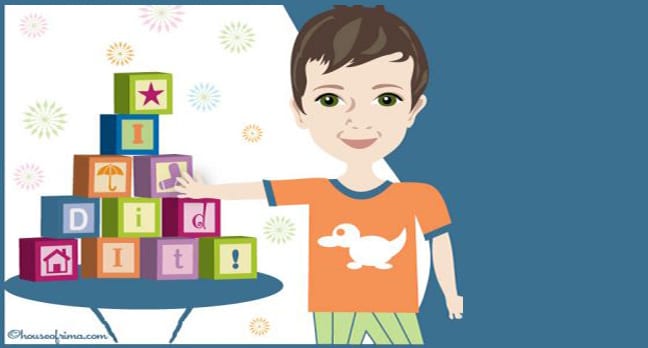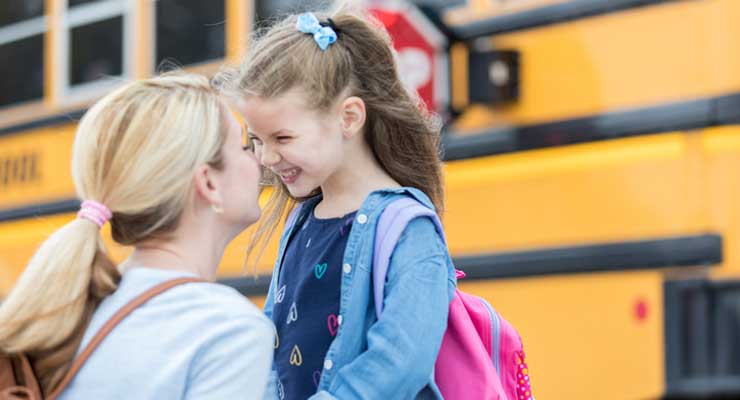 “No one can make you feel inferior without your consent.” – Eleanor Roosevelt
“No one can make you feel inferior without your consent.” – Eleanor Roosevelt
When I was thirteen, I had rooster bangs. You know, the kind that stuck straight up.
I was trying to fit in, despite the fact I didn’t shave my legs and had a funny accent. I was new in town. New to the States. I was born in Italy and grew up in southern Spain. My family’s move from trendy Marbella, Spain, to a small rural town in southern California was a shock, to say the least.
The difference in continents meant that when I raised my hand in class and asked for “a rubber,” everyone laughed, but I had no idea why. In Europe, a rubber is an eraser. But tell that to an 8th grade class of mocking teenagers.
My first year in the States brought a major crisis in confidence at one of the most tender ages in life: the painful period of early adolescence. You’ve got basically no confidence at that age – that’s why it’s so painful! At least I had my rooster bangs (big hair was “in” back then). They blended in, even if I didn’t. So how did I survive these teen tribulations? Two things: the unconditional love of my family, and the fact that we could laugh at almost anything.
Confidence and laughter go together. It’s when we take things too seriously, that we can’t see our way out.
No matter what, my family told me that I was great, beautiful, and smart. All the things I didn’t quite feel, but hoped were true. They were sowing seeds of confidence for the future me – the woman I would become. And that’s what we need to give our kids at any age, whether baby, toddler, adolescent or teen. Love. Listening. Encouragement. These are the building blocks of self-confidence.
Confidence is linked to health, happiness, and success in every area of life. What is confidence anyway? For me, it’s the courage to keep trying, to not be afraid of failure. As Princeton Professor Cornel West once said, “Of course it’s a failure, but how good of a failure is it?”
People who lack confidence are afraid to make mistakes. Therefore they learn less, because it’s the mistakes that teach us the most. Really, let’s drop that word, mistake. Let’s think: Explore. Grow. Learn.
Children are naturally born with confidence. How many times do they fall before they learn to run? How many words do they garble before the language flows? Take a walk with a toddler. Every two minutes, he stops to touch a flower, examine an ant carrying a leaf, watch a leaf sailing down the gutter after a rain, taste a stick, roll on the grass. What confidence! Can you imagine if adults dared to do the same?
From birth to three years is the fastest learning and growing period in a lifetime. But children are learning all the time – especially from the words we use. Whether praise or criticism, they take it to heart. Rather than just praise your children for what they accomplish, praise them for who they are. Encourage their natural curiosity. Practice positive speaking until it is a habit. Put yourself in your child’s shoes, and ask yourself, how would I want to be treated?
If you’ve been negative in the past, it can take confidence and a conscious effort to change. Here are some empowering phrases to sprinkle into your vocabulary: You can do it! You’re amazing! Keep trying!
I say those phrases to my kids, but also to myself – especially when I remember my rooster bangs.
This week I am going to make a conscious effort to have more compassion and kindness towards myself and those around me, and maybe we will all feel a little more self-confident!
Ciao,
Princess Ivana
Ivana is a modern princess married to a real Italian prince! Follow the Modern Princess on Facebook and www.princessivana.com
Illustration by Rima Hawkes Graphic Design





